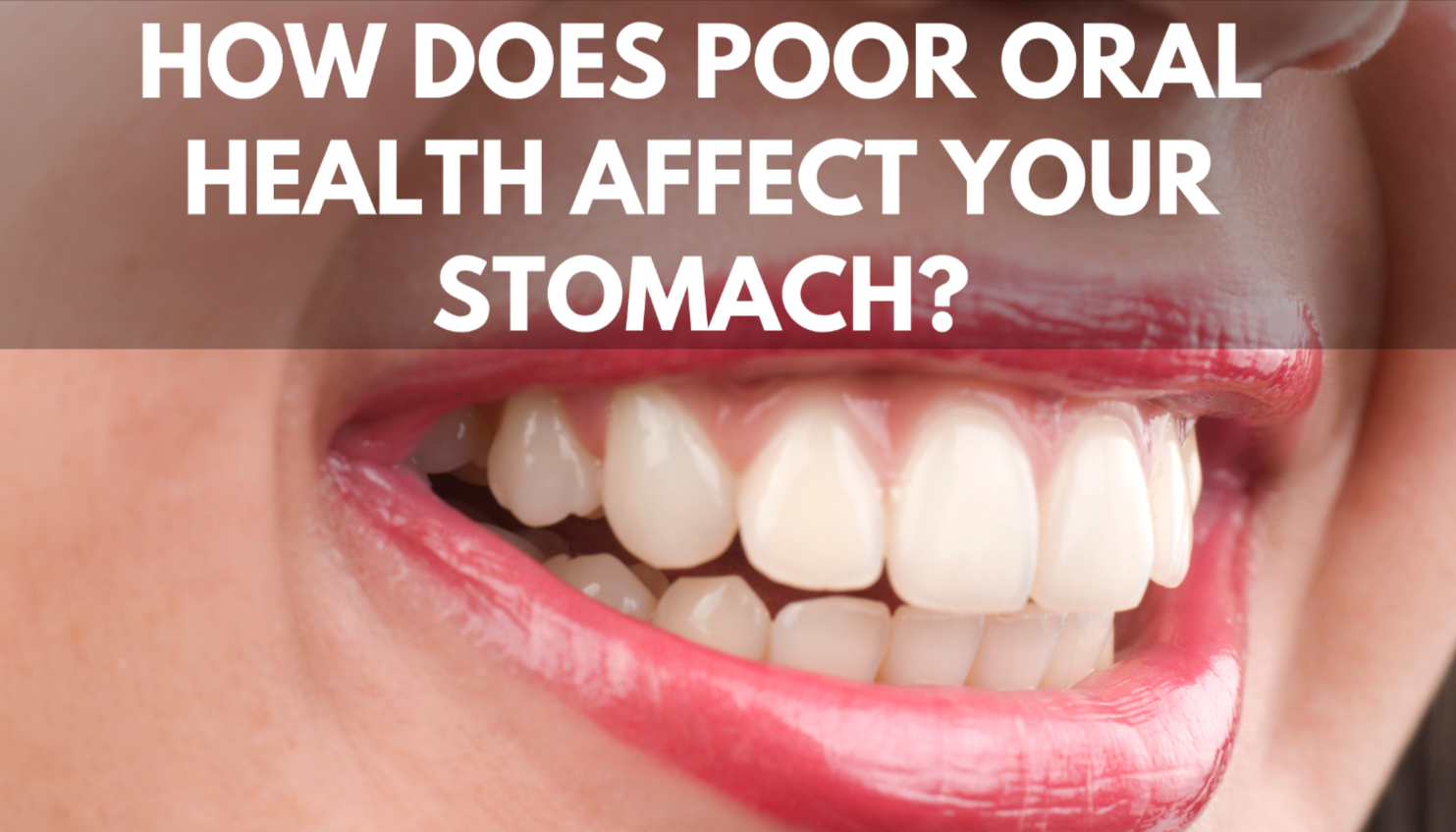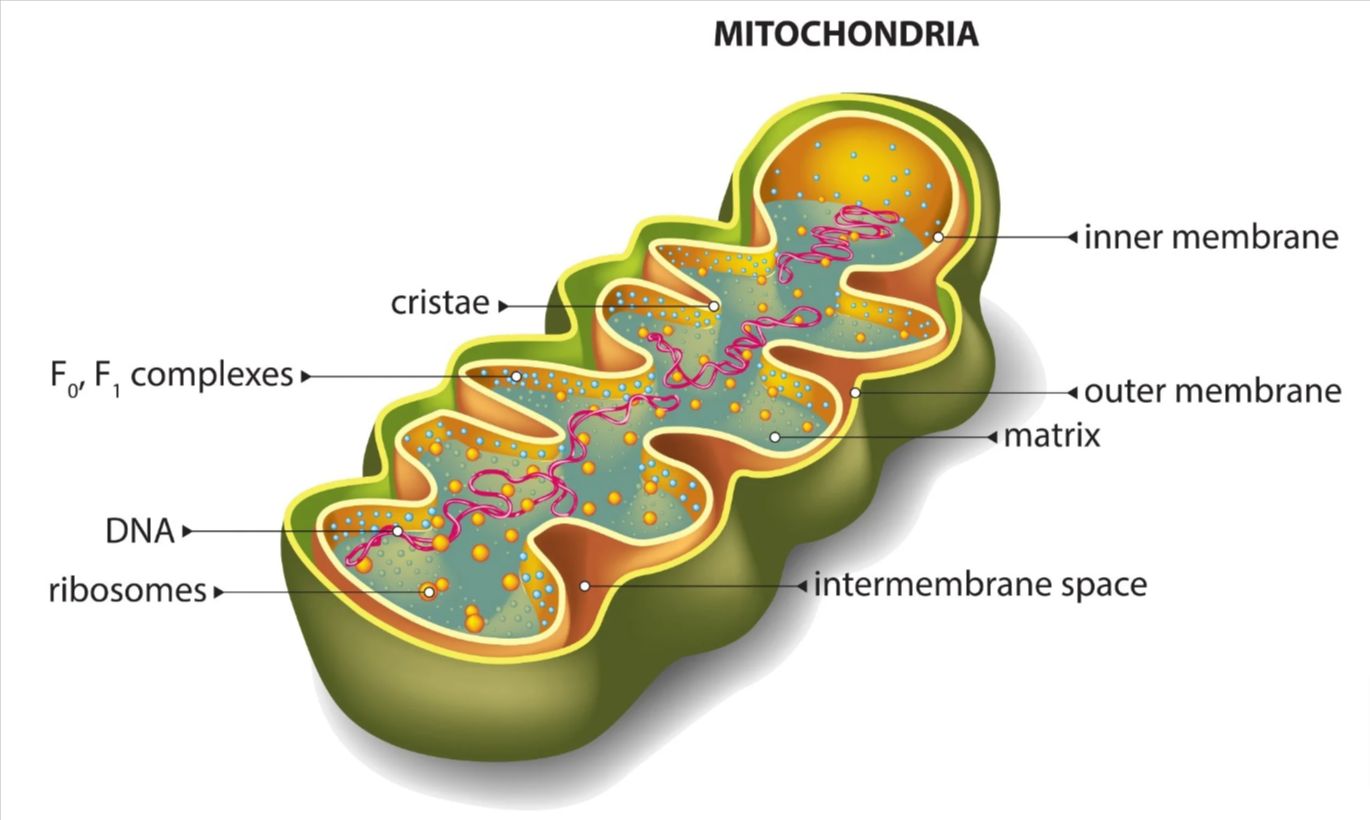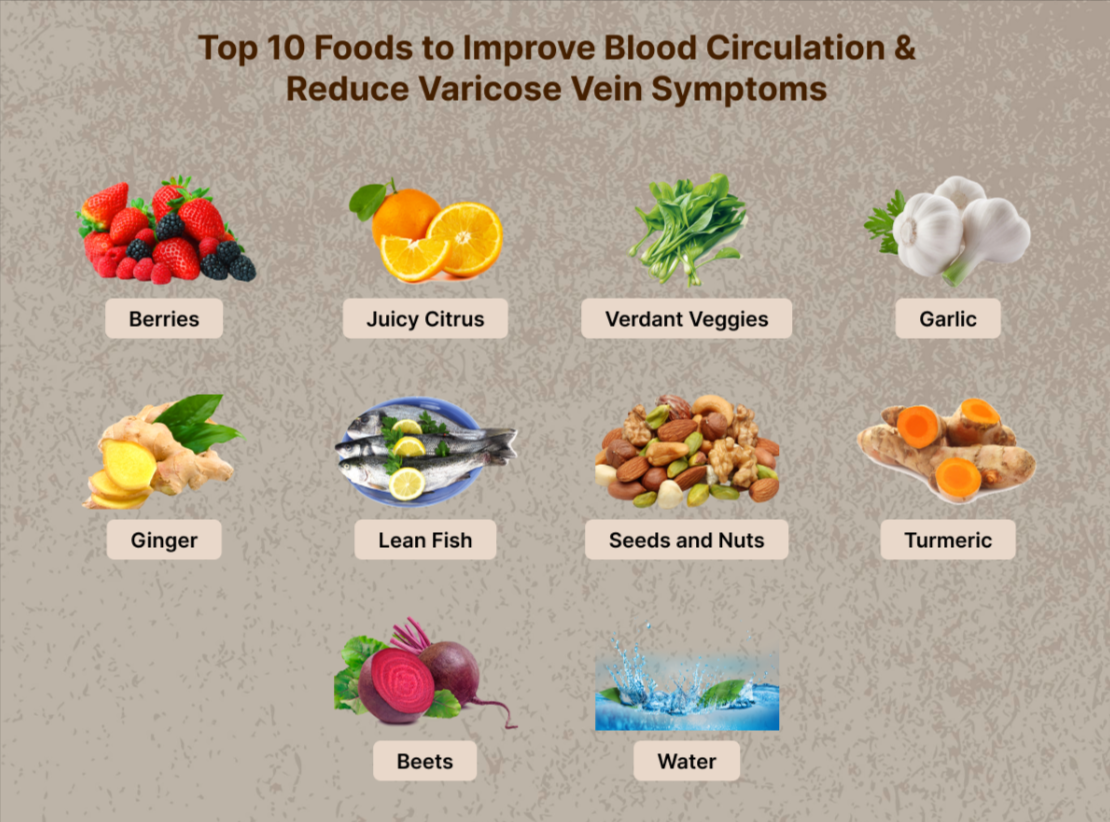How Your Oral Health Can Impact Digestive Efficiency

When we think of the digestive system, many of us immediately turn our attention to the stomach or intestines. However did you ever hear, chaps, your WHOLE meal starts in your mouth? However, oral hygiene is a major factor in the way your body metabolizes food and absorbs nutrients. It can wreak havoc on everything from nutrient absorption to gut health for anyone who doesn't digest food well due to bad dental health.
In this post, we are going to discuss how your oral health impacts the digestion process, what issues can occur due to lack of oral hygiene and tips for oral & digestive health.
🍽️ Connecting the Dots from Your Mouth to Your Digestion
Well, lemme tell ya, from the moment food touches your lips, WHAT does your body do? It includes mastication, the production of saliva, and the merging many food particles—all of which are key for the future preparation of food for the stomach and intestines.
Here's how it works:
The process of digestion starts in your mouth through chewing (mastication); For instance, When your chew, cut up pieces of food into smaller pieces enabling ease of digestion of the chewed up food in your stomach.
Salivary Drying: Saliva contains enzymes like amylase that immediately begin to work on starch (carbs) in your mouth.
During swallowing, the bolus passes through the oropharynx and travels down the esophagus towards the stomach.
If done so the right way, your digestive system does not have to work very hard, but if your teeth or gums are not healthy, then the process becomes less efficient and your digestive system needs to perform more. After a while, this leads to digestive issues and lack of nutrients.
❗ How A Bad Oral Condition Speeds Up Digestion
Inadequate oral hygiene can lead to a chain of events that adversely affects how your body regulates food. In the same way that dental issues can interfere with digestion:
🦷 1. Difficult to employ jaws appropriately
However, if you have tooth decay, or if you lose teeth, or if you suffer from gum disease, then this can be painful or very difficult. If food does not chew other fully that means the food particles will be bigger and enter the stomach are higher so that the stomach and intestines work harder. This can result in:
- Slower digestion
- Reduced nutrient absorption
- Increased risk of reflux or bloating
💧 2. Reduced Saliva Production
Dry mouth (xerostomia): Dehydration, certain dental conditions, or medications, too, can cause dry mouth. Your body will also produce less saliva so digestion will begin to fail.
- Fewer digestive enzymes are released for the breakdown of food.
- It gets hard to swallow.
- It can also make us more vulnerable to oral infections and gum disease, both of which can indirectly threaten overall health.
🦠 3. Injecting Harmful Bacteria into the Gut
The bad bacteria most often are thriving on the mouth because of bad dental care. If you consume these bacteria, then there are several ways in which they may:
- Harm the gut microbiota (microbiome dysbiosis).
- Digestive tract inflammation.
- Increased risk of infection, mainly from Helicobacter pylori a bacteria that often causes stomach ulcers and gastritis
🔥 4. Gum Disease and Systemic Inflammation: How are They Related?
Gum disease is not only bad for your mouth but it will lead to systemic inflammation. Due to chronic inflammation, it further weakens your immunity and gives you multiple organ issues, including with the intestine. This can result in:
- Increased risk of inflammatory bowel diseases (IBD) such as Crohn's disease and ulcerative colitis.
- Because inflammation has damaged the gut lining, there is poor nutrient absorption.
💤 5. Indirect influence on Gut Health
Additionally, the anxiety and stress related to inadequate dental health may play a role, particularly if dental discomfort deprives a person from sleep or getting on with their life. And affect digestion negatively by;
- Slowing down digestion
- Stomach cramps or nausea
- Causing people to eat badly
👇 Signs of Poor Oral Health That Are Hindering Your Digestion 🍽️
Here are some warning signs your teeth and gums are ruining your digestive system:
- Hard to chew or swallow food
- Chronic bloat or gas or indigestion
- Acid reflux or heartburn
- Persistent bad breath despite brushing
- Toothaches or bleeding gums
If you follow early equations, you won’t have greater digestion problems.
✅ How Good Oral Hygiene Affects Your Digestion
- Better digestion — maintaining a clean mouth helps your digestion run more efficiently. Here’s how:
- Better Chewing — healthy teeth means your food is chewed well that helps in food processing for your stomach.
- Extra Saliva: Well, cooked tooth and gum can give enough saliva secretion which help in digestion.
- Bacteria from the mouth can transfer from your mouth system to the digestive system.
- Reduced Inflammation: Gum disease prevention reduces systemic inflammation in the body, creating an ideal environment for the digestive system.
HOW TO IMPROVE YOUR TEETH AND GUT🏆
Oral health is a foundation of healthy digestion. To allow your mouth and digestion to feel their best, try these ideas which are simple and functional.
🪥 1. DAILY BRUSHING AND FLOSSING
Last but not least, simple tooth hygiene are your first defense in opposition to poor dental situations that result in deranged digestion due to unhealthy teeth. Follow these steps:
- Brush the teeth with fluorine toothpaste two times a day.
- Floss At Least Once A Day To Get Rid Of Food Particles And Plaque In Between The Teeth
- Second, rinse with an antibacterial mouthwash to eliminate the bad bacteria.
- Replace your toothbrush every 3–4 months or sooner if the bristles become frayed.
🍎 2. Maintain a Balanced Diet
Your mouth and gut have a meaning for everything we consume. Prepare a full diet that may assist with stomach and enamel. Include foods that are:
- Foods such as (High in fiber): Fruits and vegetables Whole grains
- Calcium-rich: Milk, green leafy vegetables, almonds
- Low-sugared: To prevent tooth decays and gum diseases
- Probiotic foods like yogurt, kefir, fermented food
💧 3. Stay Hydrated
Drinking enough water ensures you produce enough saliva and helps with digestion. Avoid sugar drinks that can lead to tooth decay. Drink at least 8 glasses of water a day.
🏃 4. Avoid Smoking & Alcohol consumption
Stool Pipe smoking & bounty devour of liquor are brutal on your tooth, gums & even the absorption structure. Health benefits become evident- The oral and digestive health will improve as smoking will cease and alcohol is curtailed.
🩺 5. Visit Your Dentist Regularly
Dental Check-Ups Can Catch Other Digestive Issues Ever 6 months, make appointments with your dentist to have your teeth cleaned aswell as examined.
🧘 6. Manage Stress Levels
Your oral health and digestion can also be negatively impacted by stress. Incorporate activities in calming strategies such as:
- Deep breathing exercises
- Yoga or meditation
- Regular physical activity
Conclusion: It Starts With Oral Health For Improved Digestion
Since digestion begins in your mouth, basic oral health is essential to your digestive system working properly. Each step, from chewing all the way to balancing gut bacteria, matters.
Good records of daily toothbrush and floss use, a healthful food regimen, correct hydration, and habitual dental appointments can assist in visualizing your oral and digestive health.
The tiny steps you take today will reap you rewards in the form of good digestive health, absorption of nutrients and wellness tomorrow. So, think about brushing not only for that million-dollar smile but that healthy gut as well!



